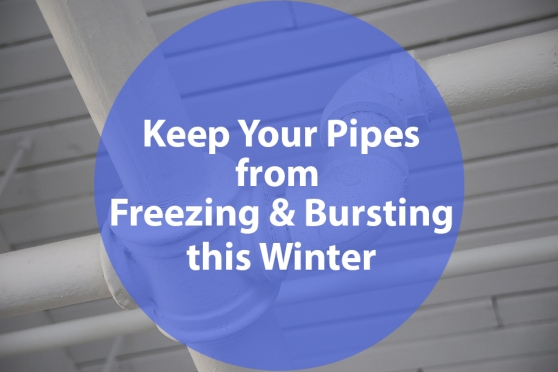 As the temperature drops, many of us would bundle up inside our homes and drink warm beverages to keep warm. But you’re not the only one who’s feeling the cold. Your pipes also need protection from the winter weather. If not, they can freeze and explode if not; thus, resulting to water damage.
As the temperature drops, many of us would bundle up inside our homes and drink warm beverages to keep warm. But you’re not the only one who’s feeling the cold. Your pipes also need protection from the winter weather. If not, they can freeze and explode if not; thus, resulting to water damage.
Being informed and prepared may help you avoid the mess, expenses and damages that come with it. Here’s what you need to know to keep your pipes from freezing and bursting this winter.
Drain your pipes
It is important to drain your pipes if you’re going on a vacation, even for just a couple of days. Pipes burst when you least expect it, and you don’t want that to happen while you’re gone. Consider turning off the main shut-off valve before you leave. Then, turn on the tap and allow the water to run until the pipes are emptied.
Open cabinet doors
Leave the cabinet doors open in the bathroom and kitchen. This allows heated air to circulate around the pipes. Place an electric heater in front of the cabinet for added protection.
Wrap the pipes
Plumbing pipes that are located in unheated areas are at risk of freezing. Consider wrapping or insulating your pipes in the garage, attic, crawlspaces and those that are located against exterior walls. Bubble wrap, plastic foam, trash bags, newspapers or even rags can provide protection. While this step alone doesn’t prevent freezing, it helps slow down the freezing process.
Turn on the faucets
Let indoor faucets drip at night, when the temperature is coldest. This helps keep the water moving through the pipes and keeps it from freezing. You don’t need to waste gallons and gallons of water to do that. Even a trickle of water can help prevent frozen pipes.
